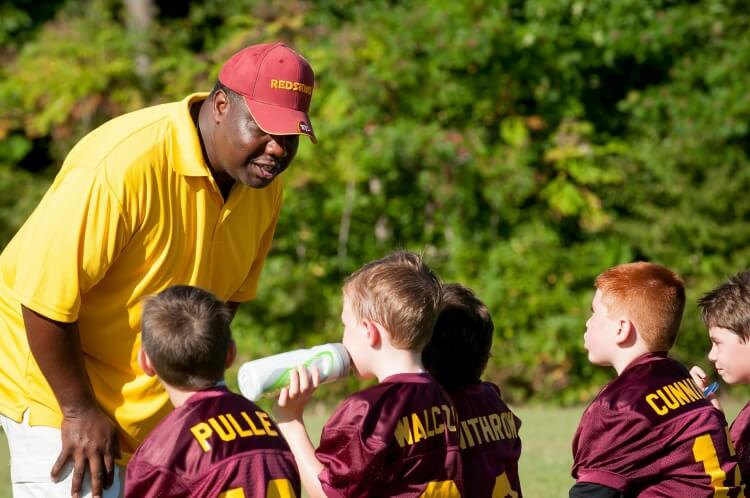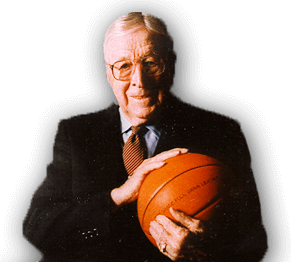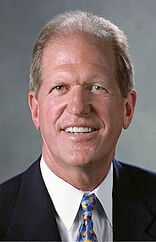This past spring, Ottawa University (KS) Men’s Basketball Coach Andy Carrier announced his retirement. During his 25-year career, Coach Carrier led the Braves to five National Association of Intercollegiate Athletics (NAIA) Division II national tournament appearances, one NAIA District 10 championship, three Kansas Collegiate Athletic Conference (KCAC) championships and three KCAC Tournament championships (Peterson, 2015). In addition he was inducted into the Ottawa University Athletic Hall of Fame in 2011 and received numerous coach of the year awards throughout his career (Sell, 2015).

Having spent three seasons with Coach Carrier as his assistant coach, I was struck by the social media posts surrounding his retirement announcement. In a moment of reflection former student-athletes took to Twitter, sharing recollections of playing for Coach Carrier. In scrolling through the tweets familiar phrases Coach Carrier often used during his interactions with student-athletes appeared.
“That and 50 cents will get you a cup of coffee.”
“Help someone get what they want and you will get what you want.”
“It’s better to beat a Blue Jay, than to be a Blue Jay.”




